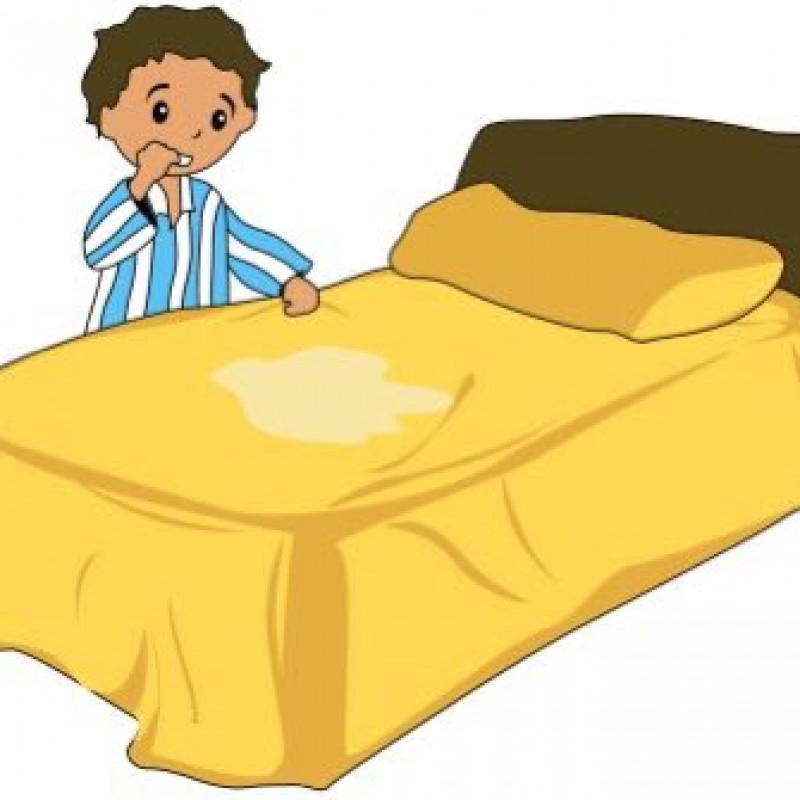Constipation is a common problem in children. Constipated children have fewer bowel movements or their stools are dry and hard.
*Common causes include early toilet training and changes in diet. Fortunately, most cases of constipation in children are temporary.
Encouraging your child to make simple changes in diet, such as eating high-fiber vegetables and fruits and drinking more water, can play a big role in relieving constipation.
* Constipation in children can also sometimes be treated with laxatives
Symptoms
Signs and symptoms of constipation in children may include:
*Less than three stools per week
* Hard, dry stools that are difficult to pass
* Pain during defecation
*stomach pain
* Traces of liquid or sticky stool in your child's underwear, a sign of stool accumulation in the rectum
Blood on the surface of hard stools
* If your child is afraid of pain during bowel movements, he may try to avoid it. You may notice that your child is flexing his or her legs, squeezing his stomach, twisting his body, or making strange expressions on his face when trying to hold a stool.
When should you see a doctor?
Constipation in children usually does not pose a danger, but a doctor should be consulted if constipation persists for more than two weeks or is accompanied by the following:
* fever
* Not eating
*blood in stool
* flatulence in the abdomen
* Weight loss
* Pain during defecation
* Part of the intestine protrudes from the anus
Causes
Constipation most commonly occurs when stool or stool moves too slowly through the digestive system; What causes hard and dry stools, due to:
* Limitation. Your child may ignore the need to have a bowel movement because he is afraid of the bathroom, or does not want to stop playing
* Toilet training problems.
* Changes in diet. Lack of fruits and vegetables rich in fiber or fluids can lead to constipation
* Changes in routine. Any changes in your child's routine, such as travel, hot weather or stress, can affect intestinal function
* Medical conditions such as an anatomical abnormality, a metabolic or digestive problem
Diagnosis
For more severe cases of constipation, more comprehensive examinations are usually done, including:
* X-ray of the abdomen
* Measurement of pressure in the anal and rectal area or movement tests
* X-ray using a barium enema
* Rectal biopsy
* Blood tests such as thyroid
Treatment
* Dietary supplement rich in fiber
* Laxatives
* Enema in the hospital. Sometimes, the child may be so constipated that he needs to be hospitalized for a short time to get an enema to clean the intestines
* Gently massage your child's abdomen to relax the supporting muscles and small intestine


